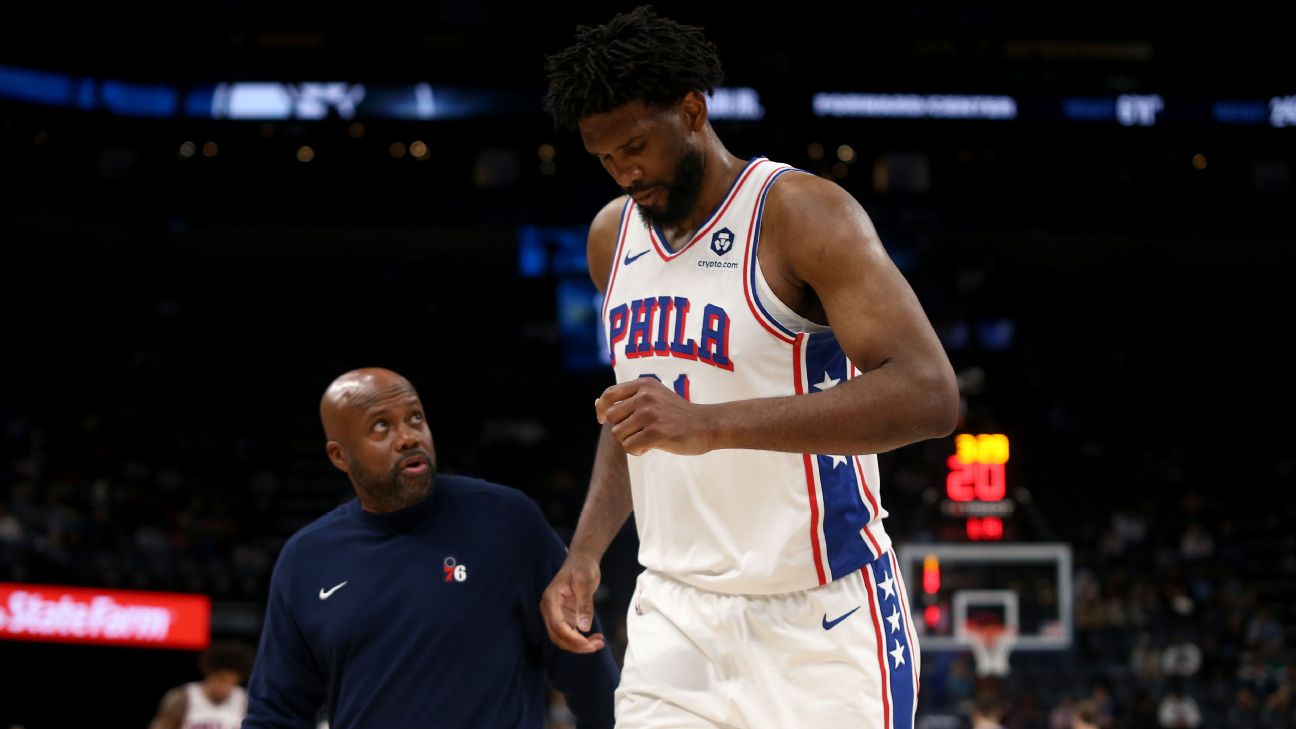Researchers map out best, worst-case scenarios for Philadelphia's work recovery
The Pew Charitable Trusts revealed that Black females and workers without a college degree were the most impacted.
PHILADELPHIA (WPVI) -- The job landscape has changed over the last two years during the COVID-19 pandemic.
The Pew Charitable Trusts mapped out the best and worst-case scenarios with Philadelphia's recovery moving forward.
One of the biggest factors was the return to in-person work.
Remote work was a must for most offices at the height of the pandemic and a way to stay safe, socially distance, and continue operations.
But it also meant retailers, lunchtime spots, and mass transit took a big hit.
"If you're working from home and not going into the city, all of those activities will happen someplace else," said Larry Eichel, senior advisor to the Philadelphia research initiative at the Pew Charitable Trusts.
Eichel gave no predictions but provided a likely scenario for the city's job landscape.
"We're going to continue seeing fewer people in the city, and this will diminish demand for office space, public transit, for restaurants and retail establishments," said Eichel. "That has big implications for City Hall because it will result in lower-wage and sales tax revenues."
RELATED: The pandemic forced a massive work-from-home experiment. What happens next?
Pew's numbers show the city lost 15% of its jobs compared to the national average at 13%. He also says Philadelphia has lagged behind the national average in terms of recovery.
The report revealed that Black females and workers without a college degree were the most impacted.
"Yes, they were impacted hard because of those lack of resources, capital, and neighborhoods really being devastated," said Steven Scott Bradley, chairman of the African American Chamber of Commerce.
But Bradley believes the historic resilience of minority workers and businesses is creating a strong rebound.
"Whether they had to pivot, whether they had to partner with other individuals, they are coming back," he said.
And when it comes to pivoting, houses of worship have modernized to continue serving the community-- like collecting tithes and church offerings online, rather than cash or checks.
"You could not have told me in the Black Baptist church that we don't take offerings. We just trust that people get it in, and they do," said Pastor Alyn E. Waller of Enon Tabernacle Baptist Church.
Venmo, CashApp, or other online sites are now a go-to.
After two years of services online, Waller opened Enon Tabernacle Baptist Church to in-person service this past Sunday.
The pandemic played a critical role in bringing historic and large houses of worship into the 21st century.
"We will continue to be online as we were before, but also pivoted to a point that there is a way to belong to this church and not come to this building," he said.
The challenge is how do you build community beyond the constraints of the traditional understandings of gathering.
And that also is the same for working in person.
Experts say these are big shifts that are likely here to stay.
ALSO RELATED: Employers take note: Most remote workers don't want to go back to the office











